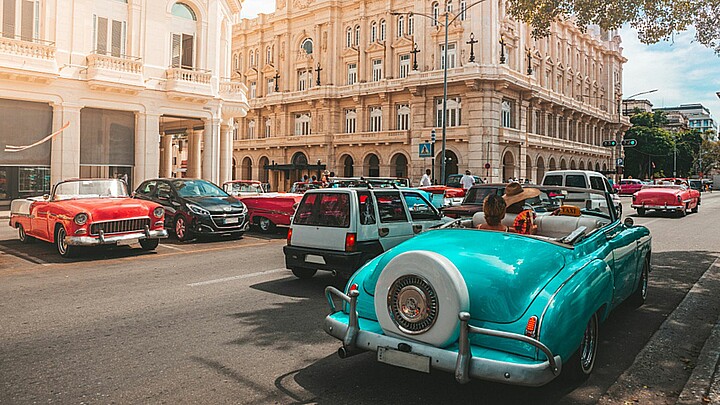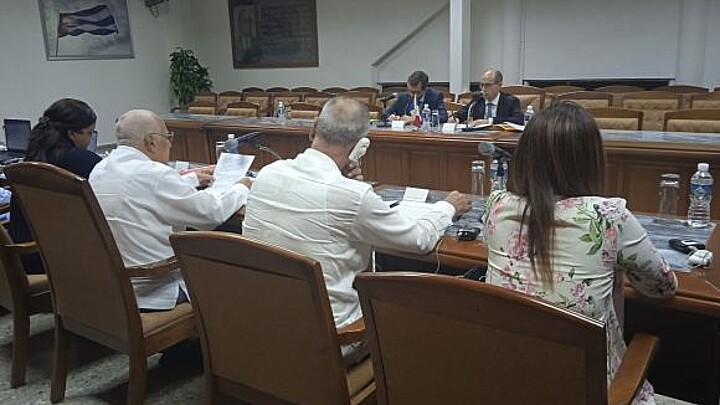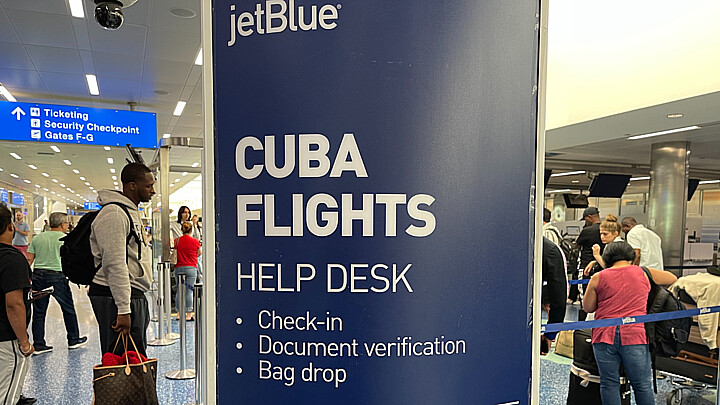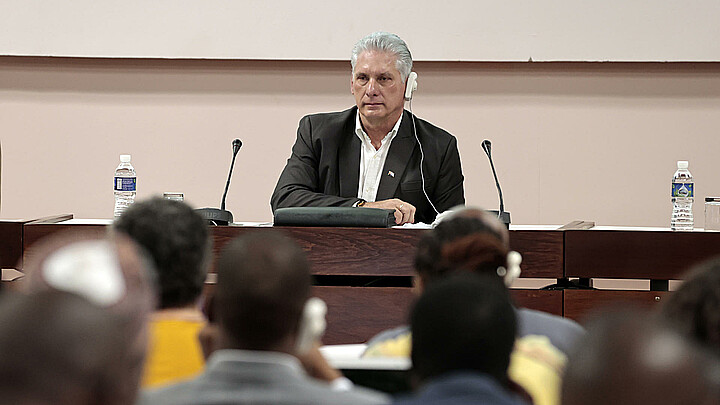Business
Cuban regime expands economic ties with Russia, offers use of land for 30 years terms
The Havana regime offered the right to use Cuban land for 30 years to Russian companies in an unusual concession for foreign investors

May 18, 2023 11:45pm
Updated: May 19, 2023 9:19am
The communist regime in Havana is offering Russian companies the right to use Cuban land as part of a 30 year lease, an unusual concession for foreign investors as part of a move that was revealed this week during a meeting between businessmen and officials from both regimes.
Boris Titov, head of the Russian delegation of the Cuban-Russian Business Committee, told a businessmen's forum in Havana that the Cuban regime decisively opened the door to investment, according to a report published by Reuters.
"They are giving us preferential treatment (...) The path is clear," Titov told the packed forum at the Hotel Nacional in Havana.
The business adviser to the Russian presidency remarked that Cuba had offered companies from his country the right to use Cuban land for a period of 30 years, an unusual concession for foreign companies in the communist country, Reuters reported.
In addition, he said Cuba would exempt Russian companies from import tariffs on certain technology and allow them to repatriate their profits, a rare benefit in the context of Cuba's communist-dominated economy.
“In Soviet times there was a direct maritime and port link,” recalled Titov, who said that both regimes are “analyzing [returning to] this possibility with the owners of the Cuban ships.”
The Cuban exiled journalist and academic José Raúl Gallego expressed the opinion on the social networks that the communist authorities are "mortgaging the country, handing it over to pieces and the true dimension of this we will only know the day we manage to remove them from power and have access to to all the shady deals that have been carried out behind the backs of the people for six decades.”
Bilateral trade between Cuba and Russia reached 450 million dollars in 2022, triple what was reported in 2021, according to Sergei Baldin, Russia's trade representative in Cuba.
Baldin told the forum that 90% of that trade was made up of sales of petroleum products and soybean oil.
This Thursday it also emerged that the Russian Deputy Prime Minister, Dmitri Chernyshenko, arrived in Cuba the day before to "strengthen the strategic ties between the two countries, in the midst of a difficult international situation," according to the Prensa Latina news agency.
The official Cuban media reported that Chernyshenko, who traveled to the island for the XX session of the intergovernmental commission for Russia-Cuba economic-commercial and scientific-technical cooperation, will meet with President Miguel Díaz-Canel, who has spared no praise or political gestures favorable to Vladimir Putin.
Miguel Díaz-Canel, appointed by General Raúl Castro to replace him in the presidency of the communist regime, pointed out that the presence of the Kremlin's economic adviser gives continuity to the high-level visits from Russia in recent months. According to the president, there is in the Kremlin, "and in particular in President Putin, an enormous sensitivity towards the problems of Cuba."
In recent weeks, the Russian foreign minister, Sergei Lavrov, and the president of the State Duma (lower house), Vyacheslav Volodin, traveled to Cuba, while in the previous months the secretary of the Security Council, Nikolai Pátrushev, and the CEO of the state oil giant Rosneft, Igor Sechin arrived in Havana.
With a regime increasingly discredited and mired in a serious economic crisis, and unable to resolve it on his own, Díaz-Canel has turned to Russia for support. Havana is aligned with Moscow in the international arena, despite the world repudiation of the invasion of Ukraine that led to sanctions from the United States and the European Union.
The Cuban ruler showed Putin his support in the confrontation with the West by visiting Russia in December 2022, and has condemned the arrest warrant issued against the head of the Kremlin by the International Criminal Court.










